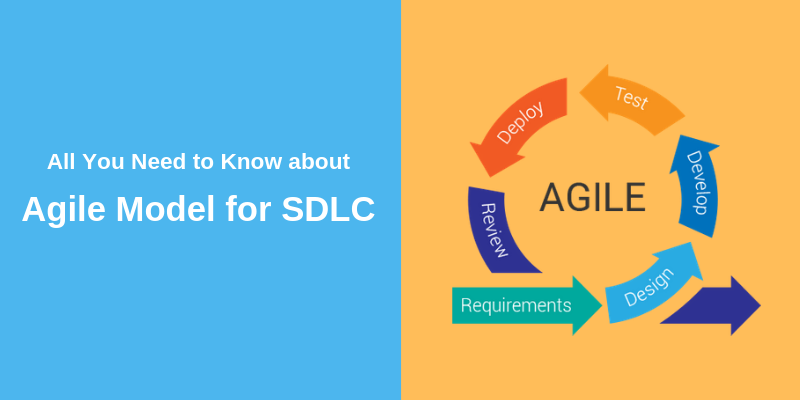Agile Model

In this section, we will be understanding Agile Model. Therefore, let’s begin.
Agile is a time-boxed, iterative approach to software delivery that builds software incrementally from the start. In other words, agile does not deliver software all at once near the end. However, it works by breaking projects down into little bits of user functionality generally known as user stories. Further, it prioritizes them, and then continuously deliver them in short two week cycles.
Early implementations of agile methods incorporate the following:
- Firstly, Rational Unified Process (1994),
- Secondly, Scrum (1995),
- After that, Crystal Clear,
- Moreover, Extreme Programming (1996),
- Additionally, Adaptive Software Development,
- Further, Feature Driven Development (1997),
- Lastly, Dynamic Systems Development Method (DSDM) (1995).
All these methods are collectively known as Agile methodologies, after the publication of the Agile Manifesto in 2001.
The Agile Manifesto is based on certain principles. Therefore, let’s give a look at the table below:
| Principle | Description |
| Satisfaction and Delivery | Firstly, customer satisfaction through early and continuous working software. |
| Welcoming Change | Secondly, welcome changing requirements, even at later stages of development. |
| Deliver Frequently | Thirdly, deliver working software frequently. |
| Communication is the Key | After that, ensure the close association of developers with business people. |
| Environment and Trust | Additionally, build projects around motivated individuals. |
| Face-to-face Communication | Moreover, encourage face-to-face conversation to ensure efficient and effective communication. |
| Software as Measure of Progress | Then, working software is the primary measure of progress. |
| Sustainable Development | Promote sustainable development to maintain a constant pace throughout the development. |
| Attention to Details | Also, continuous attention to technical excellence. |
| The Power of Less | Further, simplicity is essential. |
| Self-organizing teams | Lastly, the regular attention of the team to become effective in changing circumstances. |
Get certified and unlock more opportunities. Practice and Validate your skills to become a Certified Manual Tester Now!

